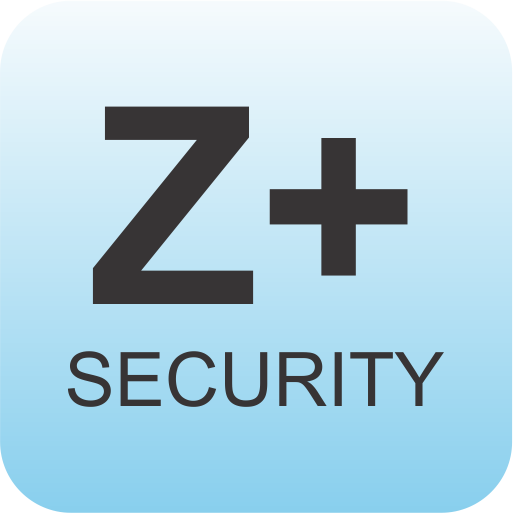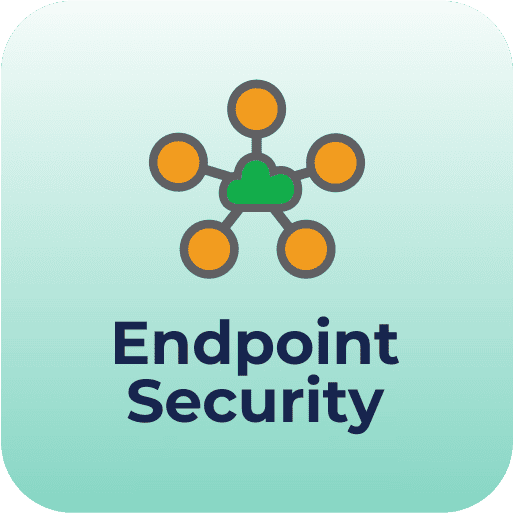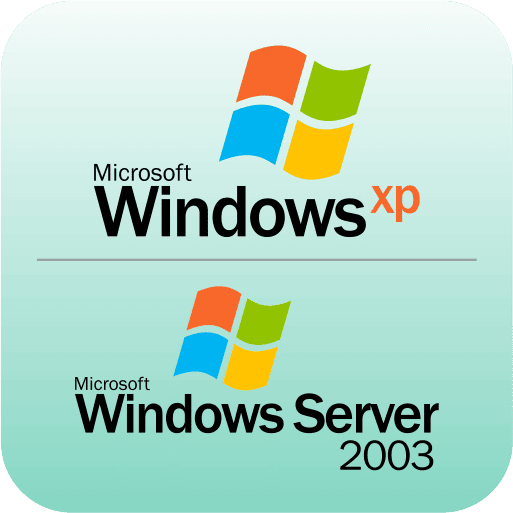Download Full Version
Before installing the full version of Net Protector Antivirus, please uninstall any other antivirus software from your PC to prevent your computer from hanging or freezing.
Compatible with
Desktop Edition:
Windows 11, Windows 10 (Threshold 1-2, Redstone 1-5, 19H1, 19H2, 20H1, 20H2), 8.1, 8.0, 7, Vista, XP
Server Edition: Windows Server 2019, 2016, 2012, 2008, 2003
Compatible with
Desktop Edition:
Ubuntu 16.04 LTS to 24.04 LTS, RHEL 7.6 to 9.4, Fedora 32 to 41, Debian 9 to 14, CentOS 7 & 8, SUSE 12 to 15.5
Compatible with
Desktop Edition:
macOS 10.12-Sierra, 10.13-High Sierra, 10.14-Mojave, 10.15-Catalina, 11-Big Sur, 12-Monterey, 13-Ventura, 14-Sonoma
Compatible with
Android phone or tablet running Google Android 8 (Oreo, API 26) or higher
Frequently Asked Questions
Our FAQ section is designed to provide you with quick, straightforward answers that address your most common concerns.
With carefully curated content that covers a wide range of topics, we ensure you're never left in the dark.
Antivirus software is a program designed to detect, prevent, and remove malware from computers and networks. It scans files and programs on your device for known threats, providing real-time protection against viruses, worms, trojans, ransomware, spyware, and more.
With the increasing sophistication of cyber threats, having reliable antivirus protection is essential for safeguarding personal information and ensuring system integrity. Malware can lead to data breaches, identity theft, financial loss, or even total system failure.
Antivirus programs use various methods to identify threats:
Signature-based detection: Scans files for known virus
patterns.
Heuristic-based detection: Analyzes program behavior to
detect suspicious activity.
Behavioral detection: Monitors processes in real-time for
unusual activity.
Some users worry that running an antivirus program will impact system performance. Reputable software minimizes this effect through efficient resource management and background processing.
Regular updates ensure your antivirus has the latest virus definitions needed to combat new threats effectively.
While essential, relying solely on an antivirus program isn’t enough. Safe browsing habits, updated OS, strong passwords, and extra security layers like firewalls or VPNs are important.
Free antivirus solutions can offer basic protection but may lack advanced features like firewalls or real-time scanning. Paid solutions provide enhanced security and better support.
Run full system scans at least once a week or more frequently if you suspect exposure to harmful sites or downloads. Automatic scheduling is recommended.
Visit the NPAV website, click "Buy Now," select a product, enter billing info, and pay via credit/debit card, net banking, UPI, or wallet.
Log in to NPAV My Account, go to "View Keys," and view or print your order invoice.
NPAV support can be contacted through the website, by phone, or by email.
NPAV accepts credit/debit cards, net banking, wallets, and UPI (Gpay, PhonePe, Paytm, BHIM, etc.).
The billing cycle starts on activation and ends on the same date next year.
Use the "My Account" feature on NPAV to manage your information, view order history, and make payments.
Contact NPAV via website, phone, or email. Go to Help Page.
NPAV offers technical, billing, and general support for products and services.
Contact NPAV support and provide issue details. It will be escalated if necessary.
Contact NPAV support to provide feedback, which is used to improve support services.
Average response time is approximately 2 hours.
Go to Support Call Page to submit a ticket with issue details.
NPAV aims to provide timely and effective support to ensure customer satisfaction.
NPAV support process:
1. Submit ticket
2. Initial response
3. Escalation if needed
4. Resolution
5. Follow-up to ensure satisfaction
Go to NPAV Dashboard, click on License Info to get all information about your license key.
Go to NPAV Dashboard, click on License Info. You will get all renewal date information.
Yes, you can upgrade by purchasing an upgrade license.
Compare features by visiting the edition comparison page on our website.
Yes, renew anytime before expiration. Renewing before expiry ensures uninterrupted features and updates.
Check your updated renewal date. If not updated, contact NPAV HelpDesk.
Yes, activate anytime. Validity starts from activation. Activate early to secure your device promptly.
Renew before expiry to get extra 15 days. New customers purchasing via authorized dealers can add a valid dealer code to get 15 extra days.
Feedback
 Chat with us
Chat with us on WhatsApp
Chat with us
Chat with us on WhatsApp

 Release Date :
Latest
Release Date :
Latest
















